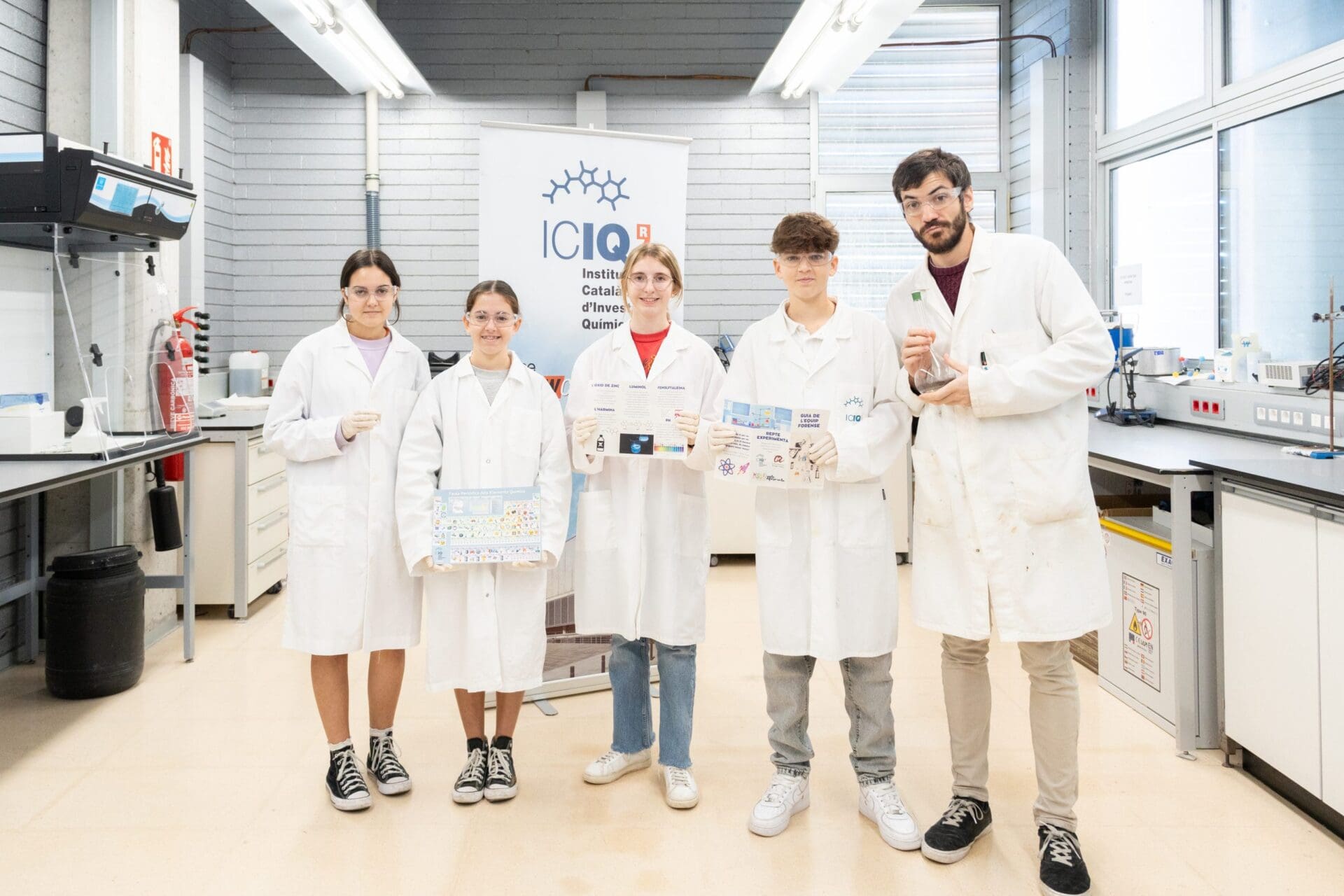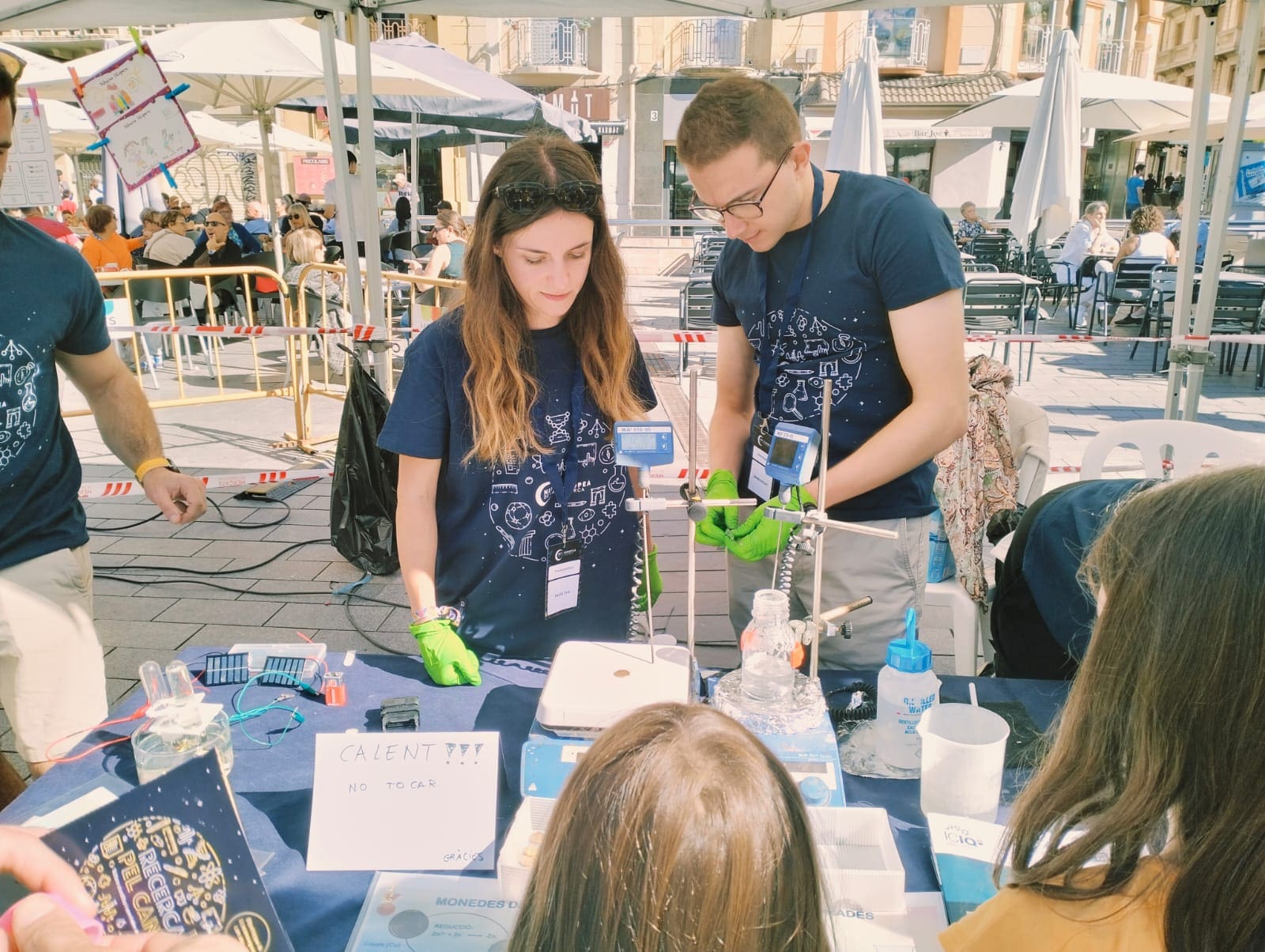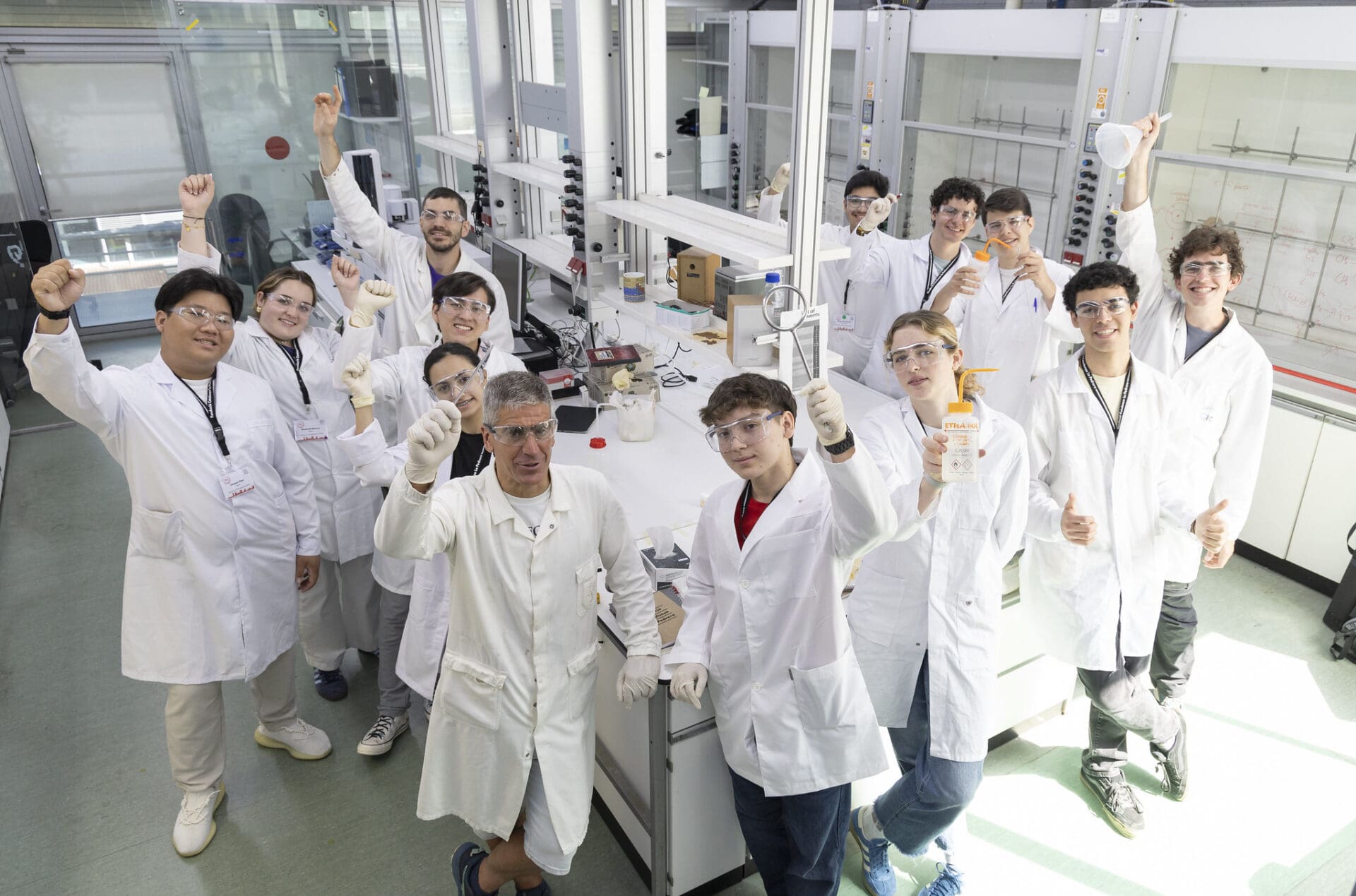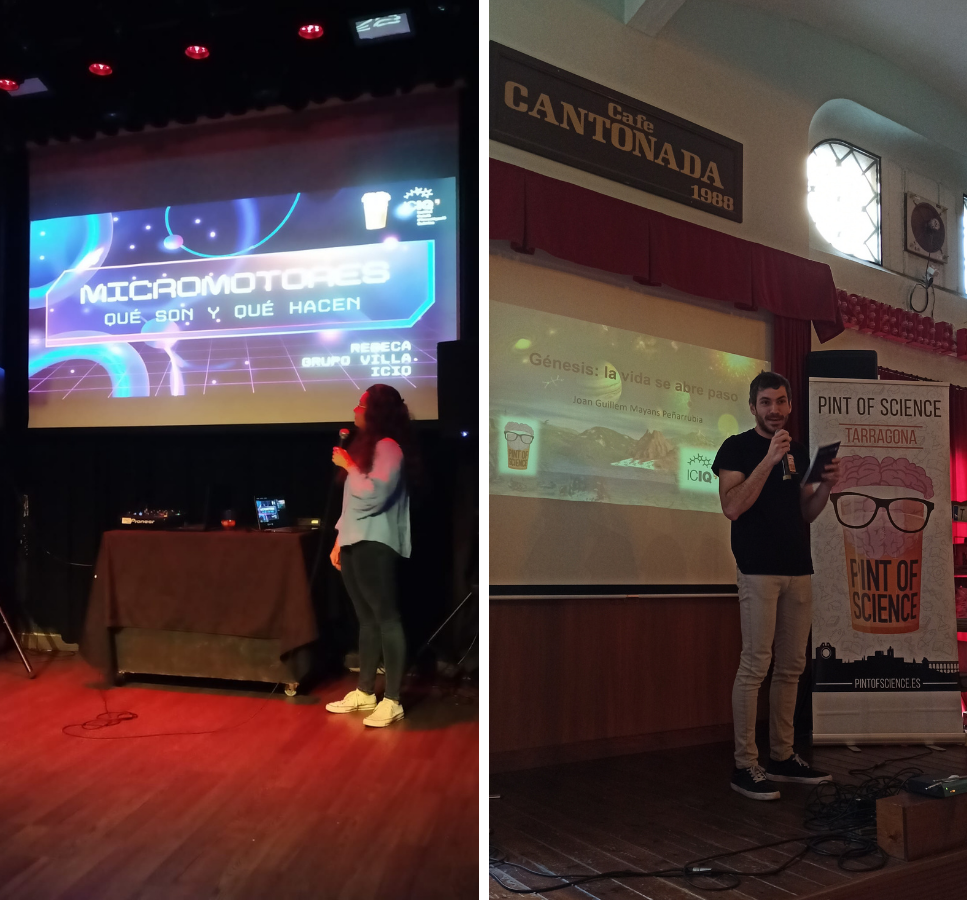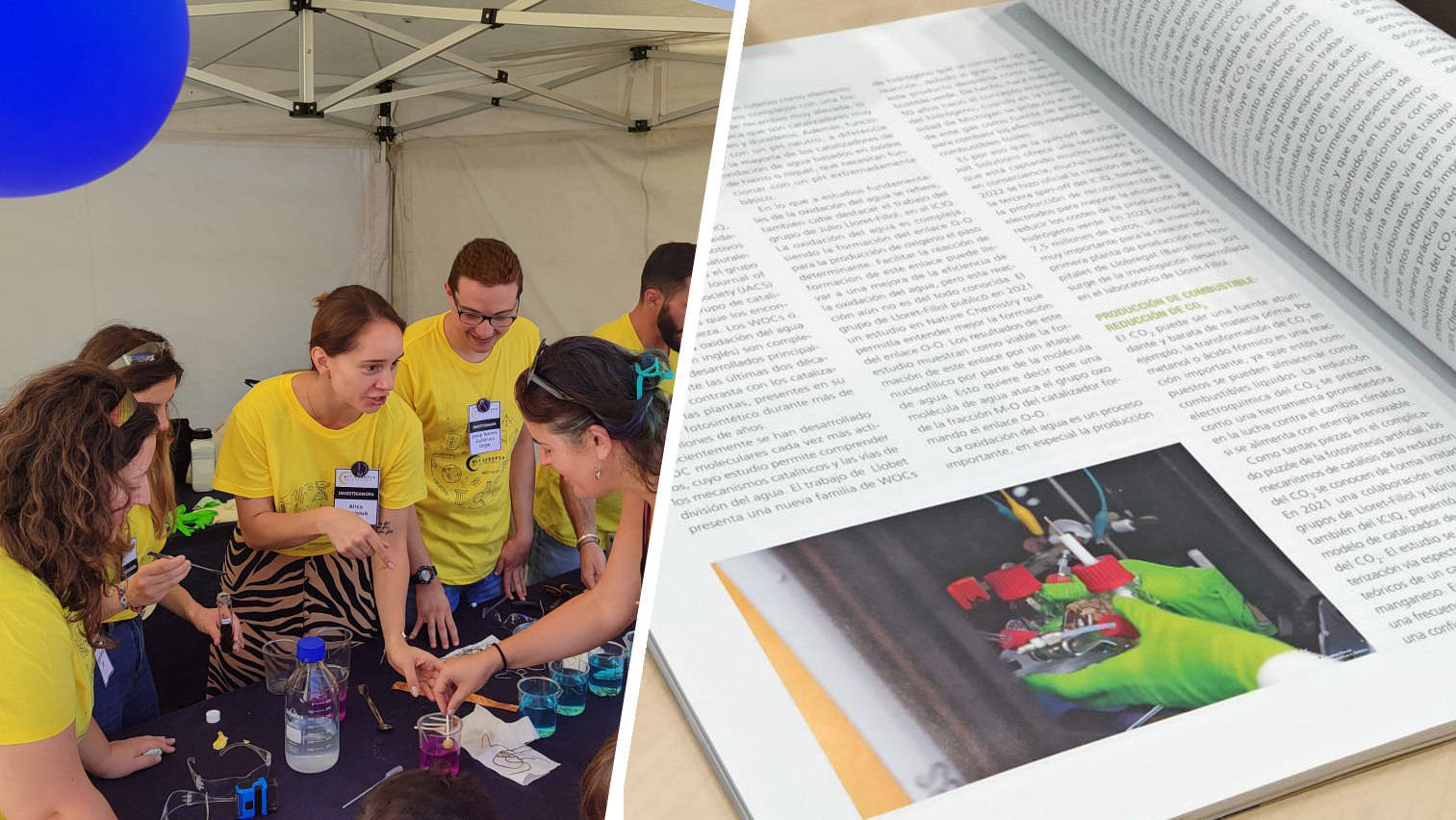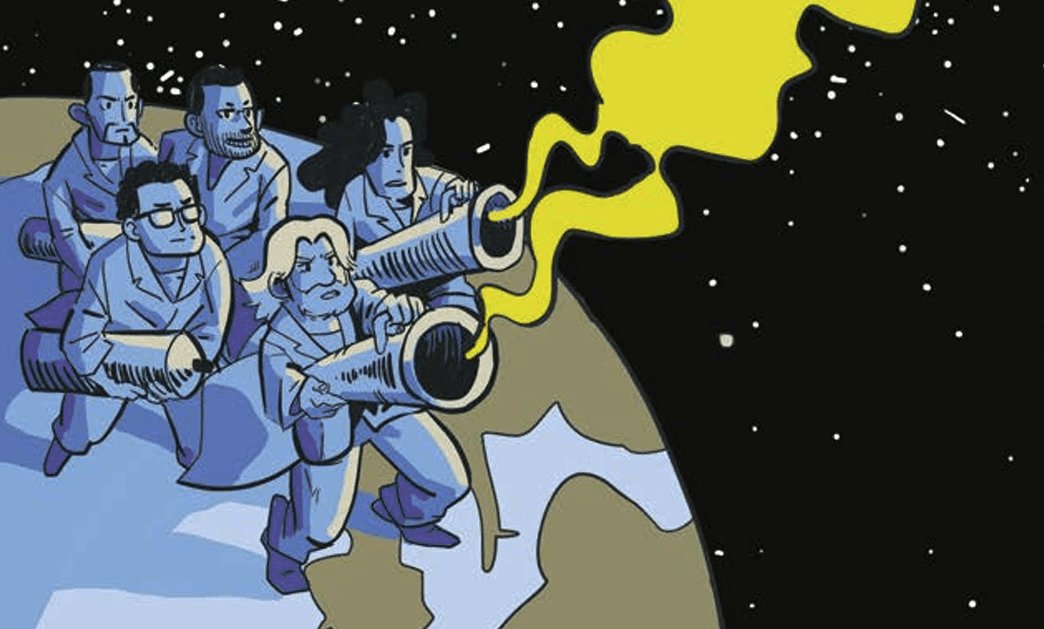Face to Face with Prof. Buchwald
 Stephen L. Buchwald is the Camille Dreyfus Professor of Chemistry at the Massachussets Institute of Technology (MIT) in Boston (USA). Prof. Buchwald research combines elements of organic synthesis, physical organic chemistry and organometallic chemistry with the aim of devising new catalytic processes in order to solve problems of fundamental importance. He is a member of the Scientific Advisory Board at ICIQ and he paid us a visit to participate in the Felix Serratosa Conference that took place at ICIQ on 16th January and Universitat de Barcelona on 17th January. We could not miss this opportunity to talk to him in our Face to Face.
Stephen L. Buchwald is the Camille Dreyfus Professor of Chemistry at the Massachussets Institute of Technology (MIT) in Boston (USA). Prof. Buchwald research combines elements of organic synthesis, physical organic chemistry and organometallic chemistry with the aim of devising new catalytic processes in order to solve problems of fundamental importance. He is a member of the Scientific Advisory Board at ICIQ and he paid us a visit to participate in the Felix Serratosa Conference that took place at ICIQ on 16th January and Universitat de Barcelona on 17th January. We could not miss this opportunity to talk to him in our Face to Face.
When did you decide to become a scientist and why?
It was probably when I was in High School, so when I was 15 or 16. I took a chemistry class and I had a very good teacher. That summer, I spent the whole summer doing research in chemistry in Indiana University.
What do you like and enjoy the most in your job as a chemist?
I like interacting with the students (and I think they also like interacting with me!).
What do you see as the greatest achievements in your career to date?
Probably developing a new set of ligands that allow a wide range of useful transformations particularly for C-N and C-B bond formation.
From your point of view, what are the most important areas in which funding should be spent on?
My feeling is that we need to fund the best science rather than specific areas. We should fund the people who do the most innovative research and the reason for that is because what is important now or it´s due to be particularly interesting now might be completely different in two or three years and if we focus everything on one particular area we might miss things later on.
Could you tell us a funny anecdote that happened in your lab or your life as a researcher?
I don´t know how funny this is but there are several cases where a student of mine has suggested a particular research approach, I thought of it and I told them I didn´t think that was very interesting. Fortunately, he was smart enough to go ahead and do the work anyway. It took me a while but I finally understood that what they were trying to do was actually very important and much better than what I was trying to suggest.
Now, I actually encourage all of my co-workers to work 20% of the time on things they have not talked to me about, (considering safety and ethics first). They should try to have their own ideas and come up with something interesting.
***From my point of view (interviewer) and after attending his talk, something I found very funny is the fact that he has named his catalysts after his cats! RuPhos (Rufus), RoPhos (Rocket), TriPhos (Trixie).
What do you do in your spare time?
I spend as much time as possible with my family. I have two children, a 12 years old daughter and a 15 years old son in addition to my wife. I have three cats. I like to read, I read a lot of non-scientific books, novels, mysteries, and I watch loads of sports, particularly college basketball. My biggest interest in basketball is Indiana University and in the NBA I support the Boston Celtics.
If I went to Boston, what should I visit?
The great thing about Boston is that it is a relatively small-big city, so it´s something you can walk around and that is something I very much encourage: walking by the Charles River, walking through the back-bay area, going to the restaurants there… If you are lucky you can go to a Boston Red Socks game (baseball), to Fenway Park or the Museum of Fine Arts. From MIT to Fenway Park you can walk in about half an hour and it´s a very nice walk.
PROUST/ICIQ QUESTIONNAIRE
A chemical element: Palladium
Favourite Scientist: I would say Andreas Pfaltz
Your favourite invention: …of mine? C-N bond formation
If you had not been scientist … I would play third base for the Giants
Favourite destination: Paris
A book: ‘Homage to Catalonia’ by George Orwell
A movie: Annie Hall – Woody Allen
A dream: That everyone would have enough to eat
Science is… to understand the world
Related news

Let's create a brighter future
Join our team to work with renowned researchers, tackle groundbreaking
projects and contribute to meaningful scientific advancements





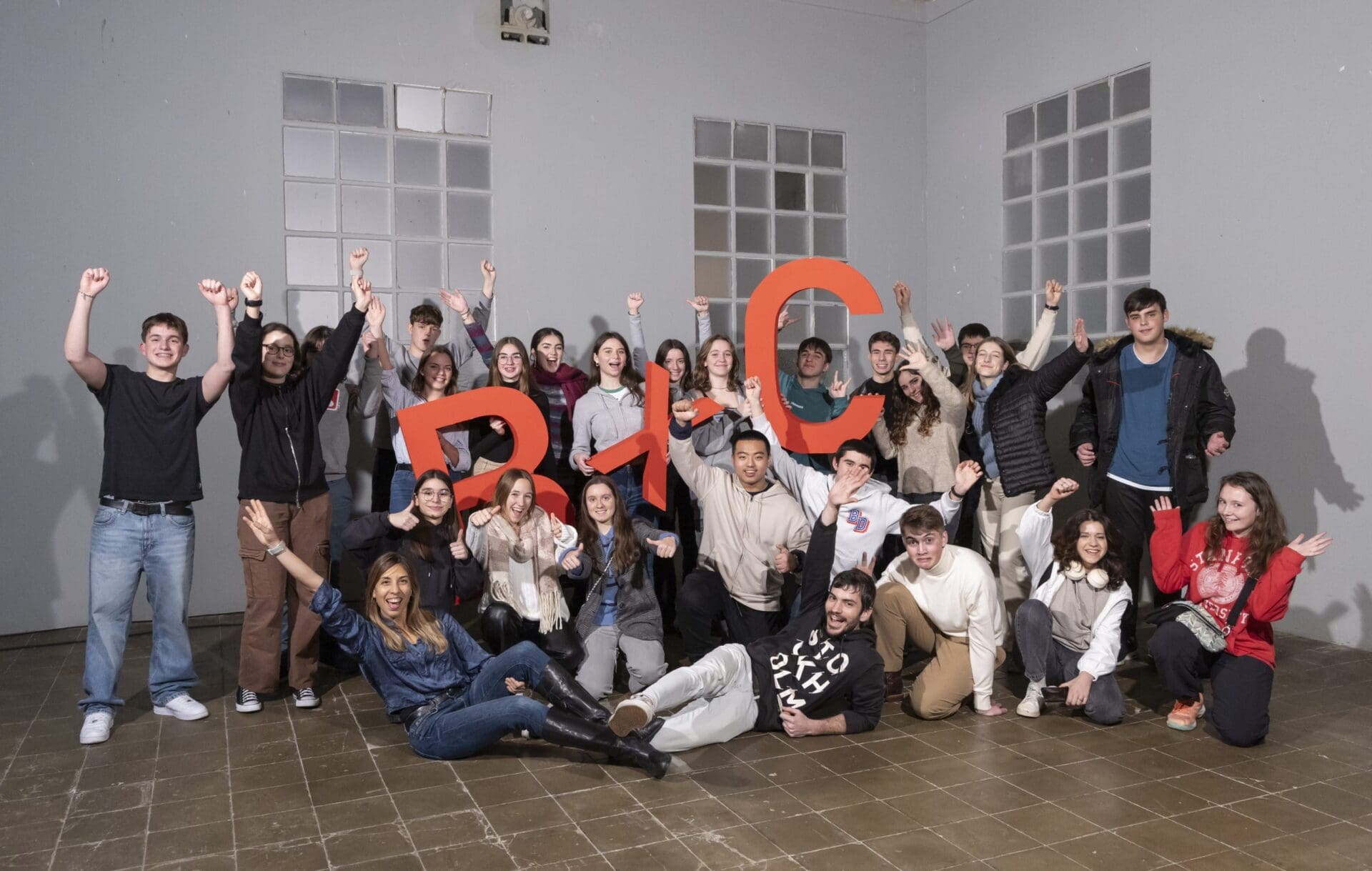
 02-12-2024
02-12-2024 